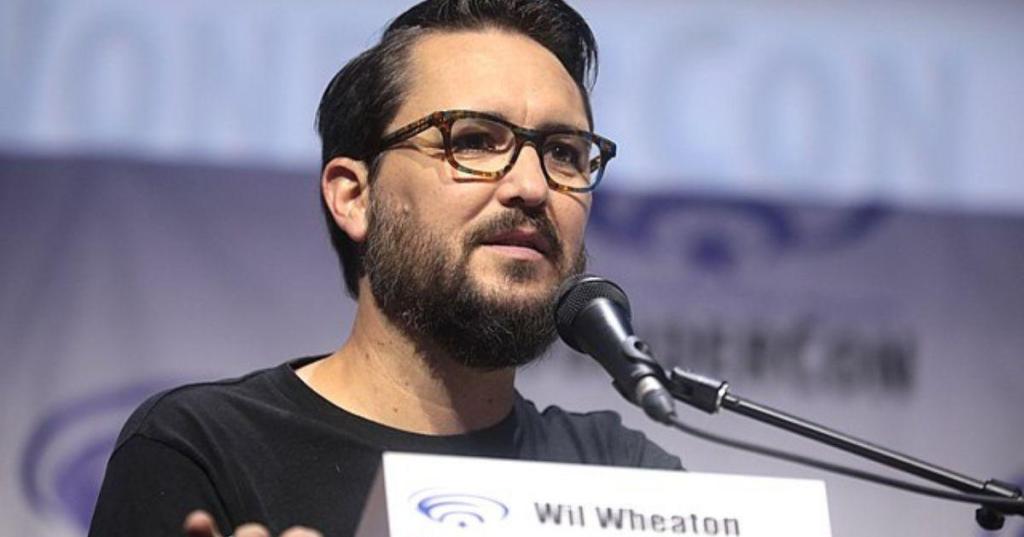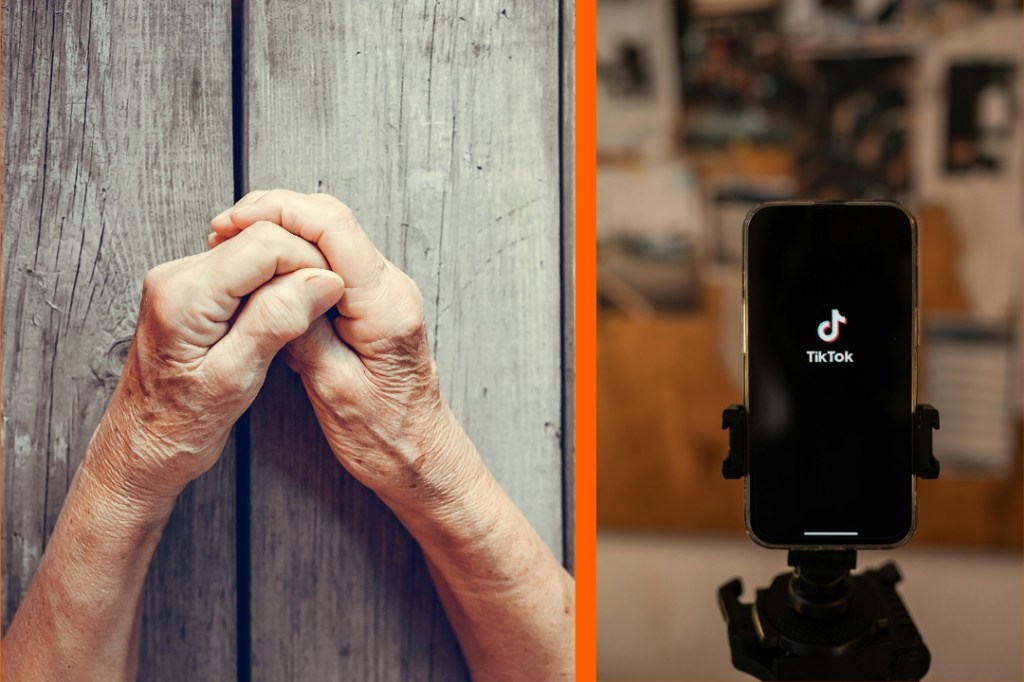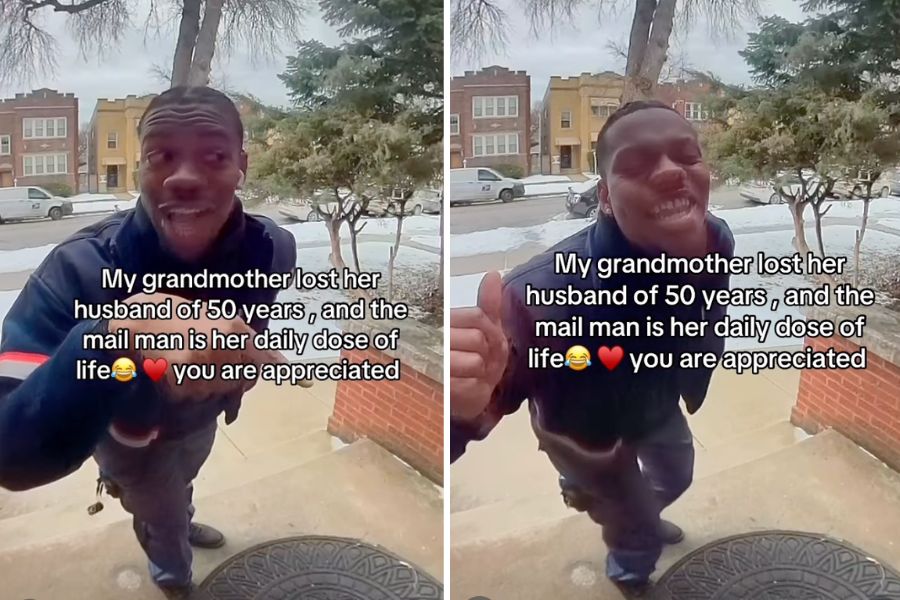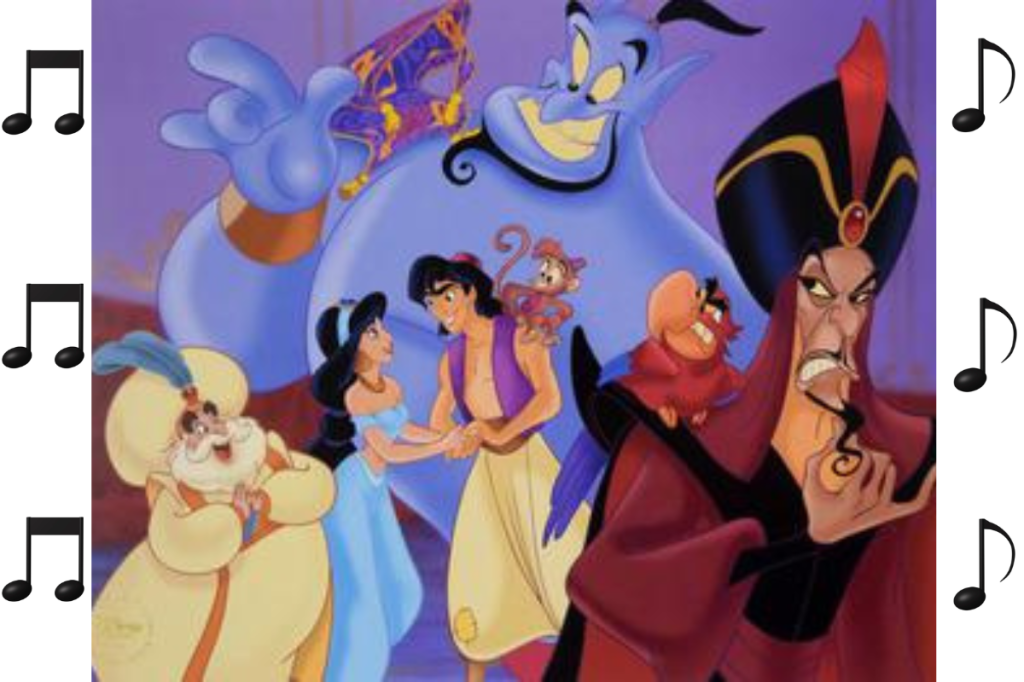When you find out an actor whose work you enjoy is blatantly racist and anti-semitic in real life, does that realization ruin every movie they’ve been a part of?
What about an author who has expressed harmful opinions about a marginalized group? What about a smart, witty comedian who turns out to be a serial sexual assaulter? Where do you draw the line between a creator and their creation? As someone with his feet in both worlds, actor Wil Wheaton weighed in on that question and offered a refreshingly reasonable perspective.
“Question: I have more of an opinion question for you. When fans of things hear about misconduct happening on sets/behind-the-scenes are they allowed to still enjoy the thing? Or should it be boycotted completely? Example: I’ve been a major fan of Buffy the Vampire Slayer since I was a teenager and it was currently airing. I really nerded out on it and when I lost my Dad at age 16 ‘The Body’ episode had me in such cathartic tears. Now we know about Joss Whedon. I haven’t rewatched a single episode since his behavior came to light. As a fan, do I respectfully have to just box that away? Is it disrespectful of the actors that went through it to knowingly keep watching?”
And Wheaton offered this response, which he shared
:
”
Answer: I have been precisely where you are, right now. In fact, we were just talking about this a few days ago, as it relates to a guy who wrote a ton of music that was PROFOUND to me when I was a teenager. He wrote about being lonely and feeling unloved, and all the things I was feeling as a teenager.
He grew up to be a reprehensible bigot, and for years I couldn’t listen to one of the most important bands in my life anymore.
But this week, someone pointed out that he was one member of a group that all worked together to make that thing that was so important to me. And the person he was when he wrote those lyrics is not the person he is today. And the person I was when I heard those lyrics doesn’t deserve to be shoved into a box and put away, because that guy is a shit.
This is a long way of saying that Joss sure turned out to be garbage. Because of who my friends are, I know stuff that isn’t in the public, and it’s pretty horrible. He’s just not a good person, and apparently never was a good person.
BUT! Buffy is more than him. It’s all the actors and crew who made it. It’s all the writers who aren’t Joss. Joss is part of it, sure, and some of the episodes he wrote are terrific.
At least one of the episodes he wrote was deeply meaningful to you at a moment in your life when you’d experienced a loss I can only imagine. The person you are now, and the 16 year-old you were who just lost their dad, are more important than the piece of shit Joss Whedon revealed himself to be.
His bad behavior is on him. He has to live with it, and the consequences of it.

16-year-old you, who just lost their dad, shouldn’t have to think about what a shit Joss Whedon is for even a second. That kid, and you, deserve to have that place to revisit when you need to go there.
I can’t speak for the other actors, even the ones I know. But I will tell you, as an abuse survivor myself who never wanted to be in front of the camera when he was a kid: it’s really okay for you to enjoy the work. The work is good and meaningful, and if nobody is going to watch it because of what one piece of shit did two decades ago, what was it all for?
I’m not the pope of chilitown, so take this for what it’s worth: I believe that when some piece of art is deeply meaningful to a person, for whatever reason, that art doesn’t belong to the person who created it, if it ever did. It belongs to the person who found something meaningful in the art.
If it feels right to you to put it away and never look at it again, that’s totally valid. But if it brings you comfort, or joy, or healing, or just warm familiarity to bring it out and spend some time with it, that’s totally valid, too.
I’ve written a lot of words. I hope some of them make sense and are helpful to you.”

As with practically everything in this world, the question of whether art can or should be separated from the artist is complex. It involves philosophical questions about the nature of art—where it comes from and who it belongs to—as well as questions about how imperfect a person has to be for us to reject everything they create. Wheaton’s response feels right, especially when we’re regarding art that is collaboratively created.
This article originally appeared three years ago.


































